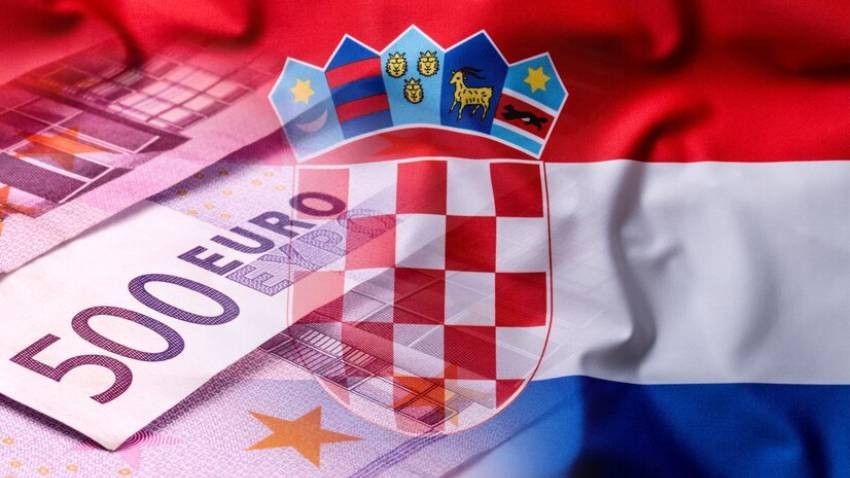
Read also:
English publication: Rositsa Petkova
KBC Group expects the Bulgarian economy to grow slightly more next year in comparison to its previous forecasts, according to the conclusions of the Belgian financial group's latest assessments of the economies of Central and Eastern..
Foreign direct investment (FDI) in Bulgaria posted the largest net inflows from the Netherlands, Italy and Greece in the first half of 2025, the Bulgarian National Bank (BNB) said. Net FDI inflows totalled €554.9 million from the Netherlands, €325.2..
The Bulgarian Stock Exchange (BSE) will participate in the event "EU-Chambers Business Chill with the Bulgarian Stock Exchange," according to a post by the BSE on Facebook. The event is being organised by the Hungarian-Bulgarian Chamber of..
Foreign direct investment (FDI) in Bulgaria posted the largest net inflows from the Netherlands, Italy and Greece in the first half of 2025, the Bulgarian..
KBC Group expects the Bulgarian economy to grow slightly more next year in comparison to its previous forecasts, according to the..
The Bulgarian Stock Exchange (BSE) will participate in the event "EU-Chambers Business Chill with the Bulgarian Stock Exchange," according to a post by..

+359 2 9336 661
